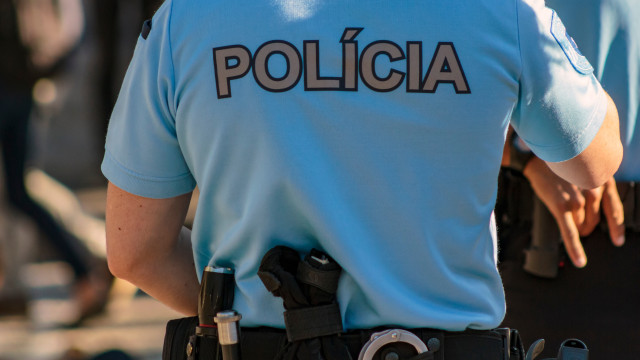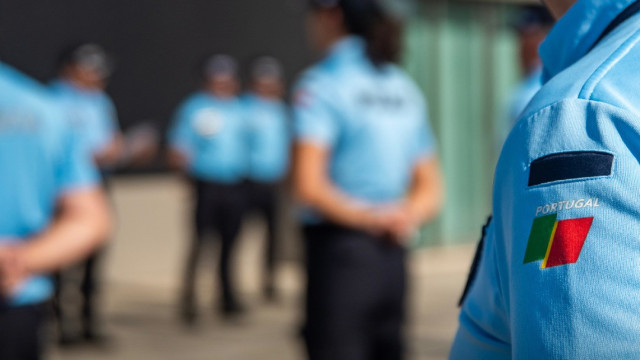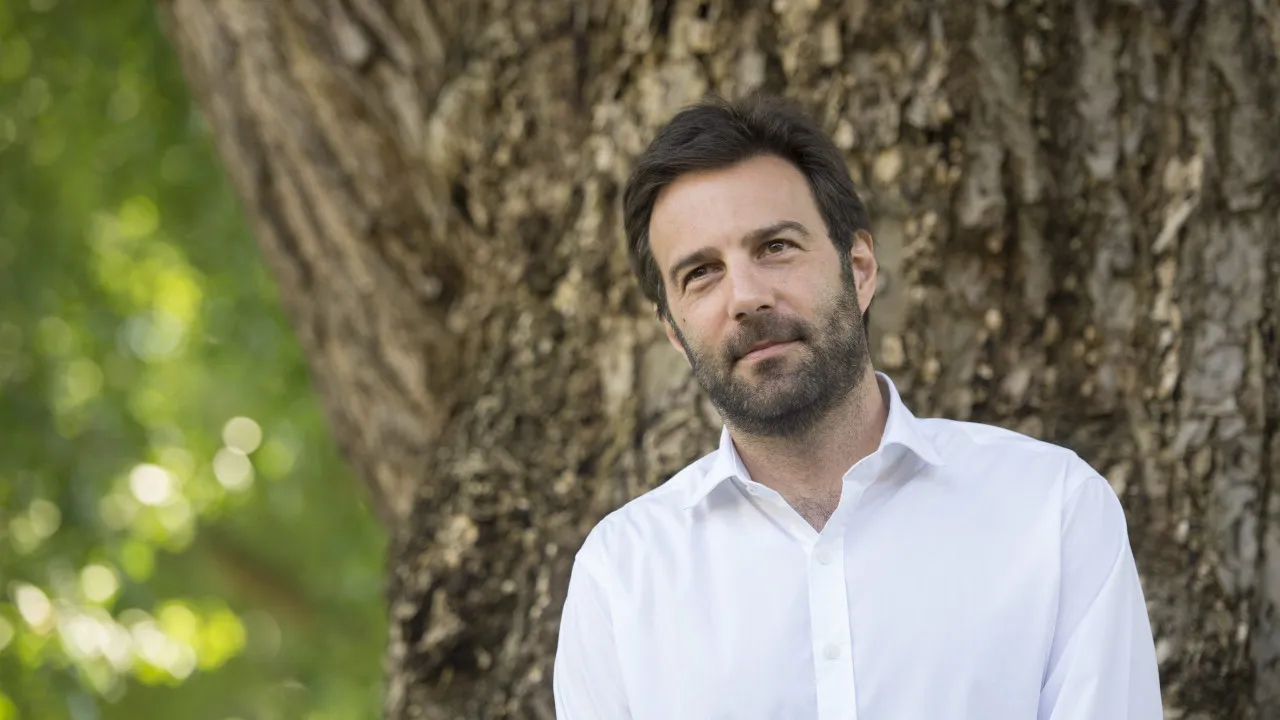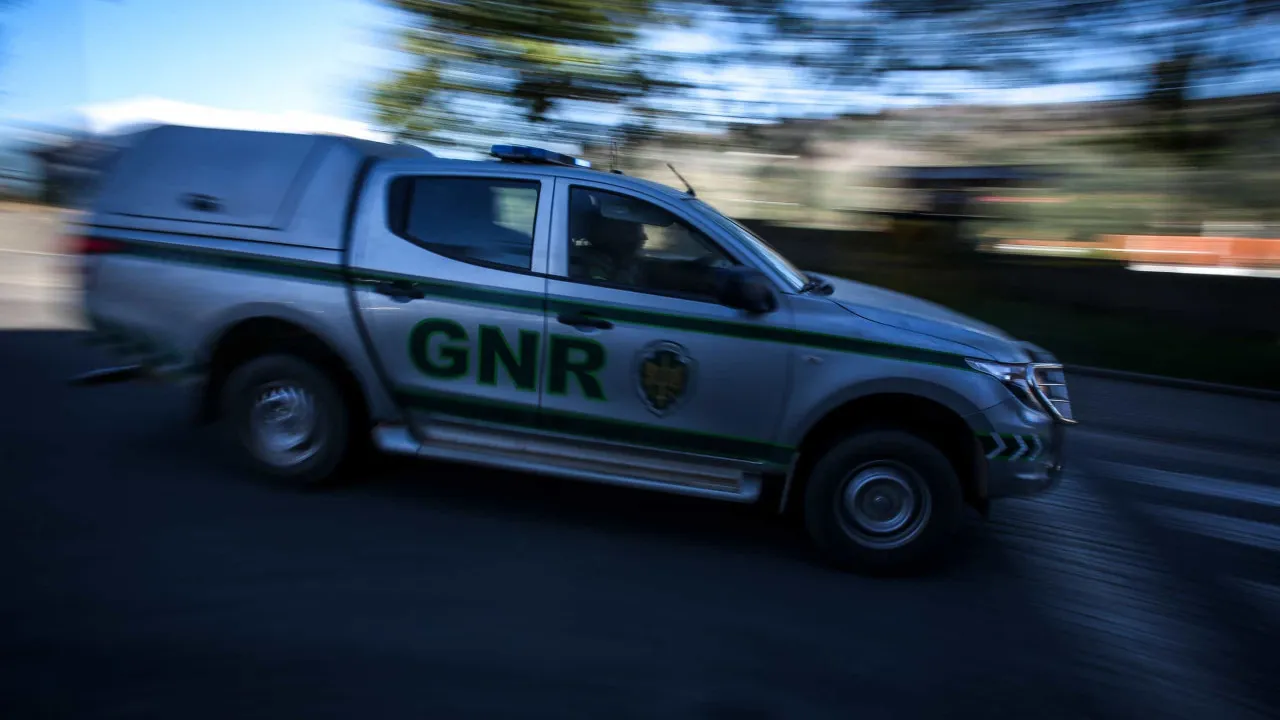The dissolution of the Serviço de Estrangeiros e Fronteiras (SEF) in 2023 led to the transfer of several responsibilities to the PSP, including operations concerning the deportation, readmission, and return of individuals in irregular situations, previously managed by the Agência para a Integração Migrações e Asilo (AIMA).
The objective, as explained by the PSP in a statement, is for the UNEF to operate “in the medium term” with around 2,000 personnel, including “police officers, specialized technicians, service providers, and volunteers from civil society and non-governmental organizations.”
This staffing increase is necessary due to the newly assigned responsibilities and the implementation of the new entry and exit system set to commence on October 12, 2025, along with the introduction of the European Pact on Migration and Asylum beginning next year.
In addition to deportation and return operations, previously under AIMA, border surveillance, inspection, and control at airports—which were already under the purview of the PSP—are now consolidated within the new unit, to be led by the national director of the police.

The Unidade Nacional de Estrangeiros e Fronteiras (UNEF) of PSP, known as ‘mini SEF’, will come into effect on Thursday with 1,200 officers ready for border control at airports.
Lusa | 18:07 – 20/08/2025
UNEF will also initiate proceedings for infractions under the legal framework for the entry, permanence, exit, and deportation of foreigners from national territory.
The goal is to integrate existing airport security and border control divisions of the PSP, created following the dissolution of SEF and located at the airports of Lisbon, Porto, Faro, Azores, and Madeira, into UNEF.
However, the transfer of these divisions to UNEF will be conducted “gradually and in phases” to ensure “coordination with existing PSP units,” the PSP explained.

Two new temporary installation centers will be constructed in Lisbon and Porto, with a capacity for 300 people, and mobile container camps that can be “assembled and disassembled” will also be created for deployment where needed.
Carolina Pereira Soares | 23:21 – 20/08/2025
To Lusa, Paulo Santos, the union leader of the Associação Sindical dos Profissionais da Polícia (ASPP), highlighted the ongoing issue of understaffing faced by the police and expressed concerns about the new unit, noting “more burden on the police.”
This new unit was the result of a government proposal, which underwent several amendments requested by Chega, although an attempt to change the unit’s name was unsuccessful.
The government’s proposal was approved in the Assembly of the Republic in July, with votes in favor from the PSD, Chega, IL, and CDS, abstentions from the PS and JPP, and votes against from other left-wing parties.




